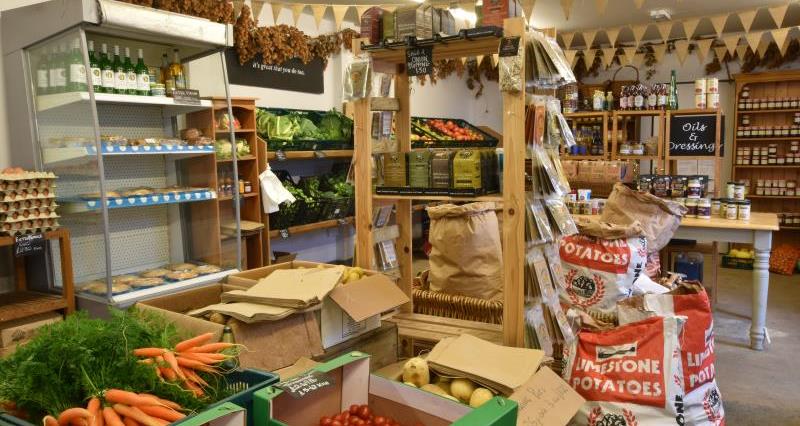Application process
The Added Value grant fund opened for applications on 9 June 2022 and closed on 21 July 2022.
On 17 August 2022, the RPA announced that applicants with projects that scored highly enough against the funding priorities have been invited to submit their full application.
If you were invited to submit a full application, the deadline for submitting your full application form and supporting evidence was 31 January 2024.
The RPA cannot assess full applications or commit funds to projects that are waiting on planning permission to proceed. In this instance, you will need to send a copy of the planning permission approval together with your full application submission.
Fund details
The RPA assessed full applications with the appropriate supporting information as they were received, instead of waiting beyond 31 January 2024 to assess all that have been received.
Adding Value grants were awarded to farmers and growers to support their work processing, diversifying and adding value to their products.
It was a £30m fund, which offered capital grants of between £25k and £300k (at 40% intervention).
It was a competitive fund. The RPA awarded funding to the strongest applications.
Eligible businesses
To be eligible to apply for an Adding Value grant, you must have been a:
- grower or producer of primary agricultural products (agricultural, horticultural and livestock)
- business processing agricultural products which is at least 50% owned by agricultural or horticultural producers.
Defra issued a manual which you can read at the Gov.uk website: .
Types of grant – what items are covered?
If your business is eligible, you were able to apply for an Adding Value grant to pay for capital items that will enable you to add value to eligible agricultural products, after they’ve been harvested or reared.
Eligible capital items included:
- equipment for preparing or processing edible agricultural products for added value sales.
- equipment for ‘second stage’ processing of grain - for example, colour sorting, blending.
- equipment for processing non-edible agricultural products into new products (for example, flax, hemp, wool, hides, and skins).
- equipment for retailing eligible agricultural products (for example vending machines or display facilities).
- premises for the preparation or processing of added value agricultural products, including associated integral storage areas.
Second-hand items were eligible for grant funding, provided that the associated supplier quote included a statement that the item:
- has not previously been purchased with public funding
- is fit for purpose
- does not cost more than an equivalent new item
- is expected to last for at least five years.
